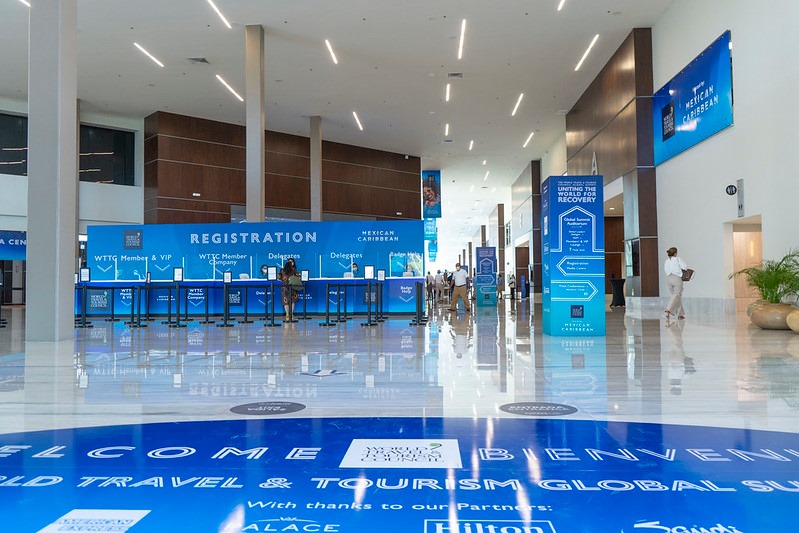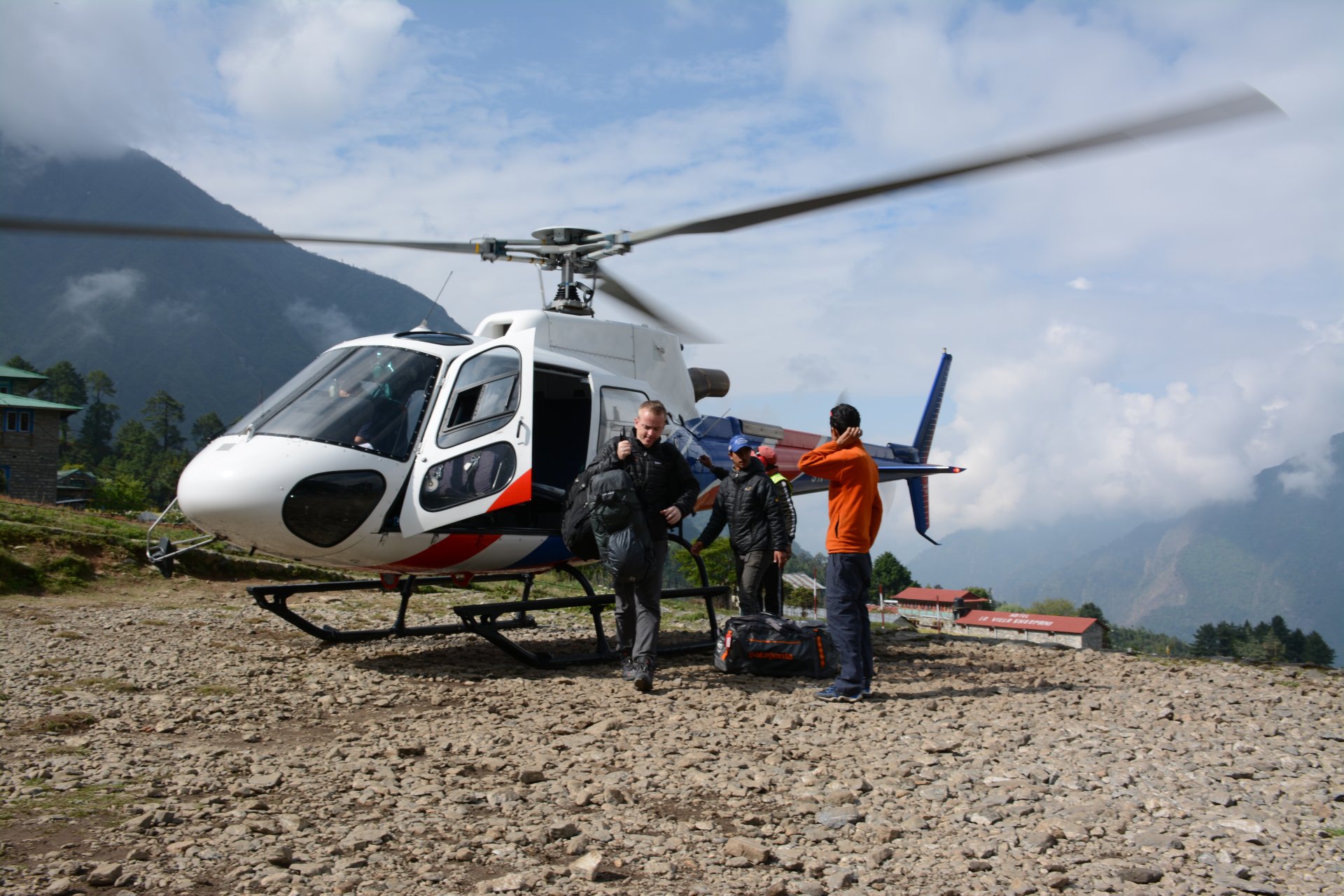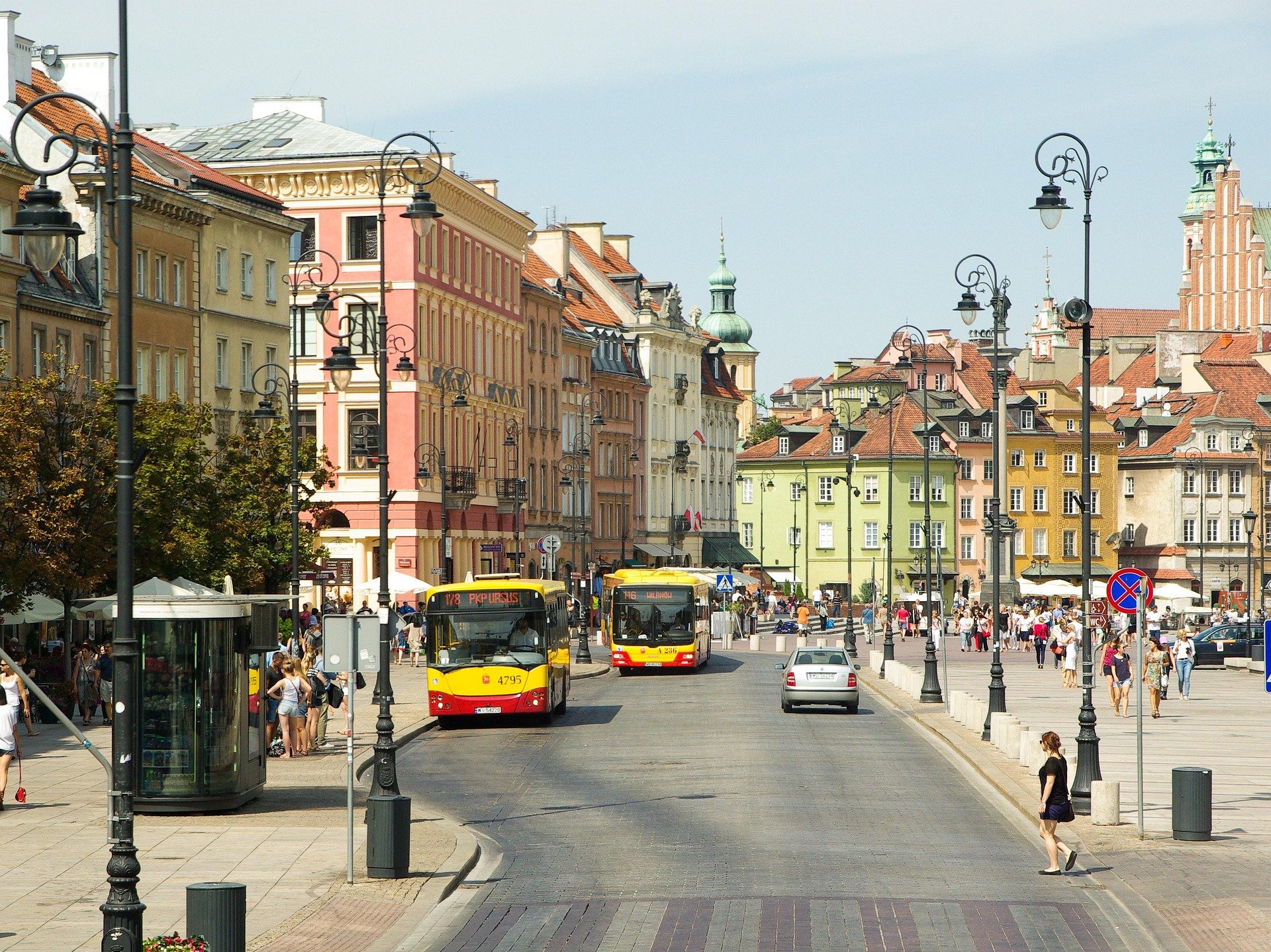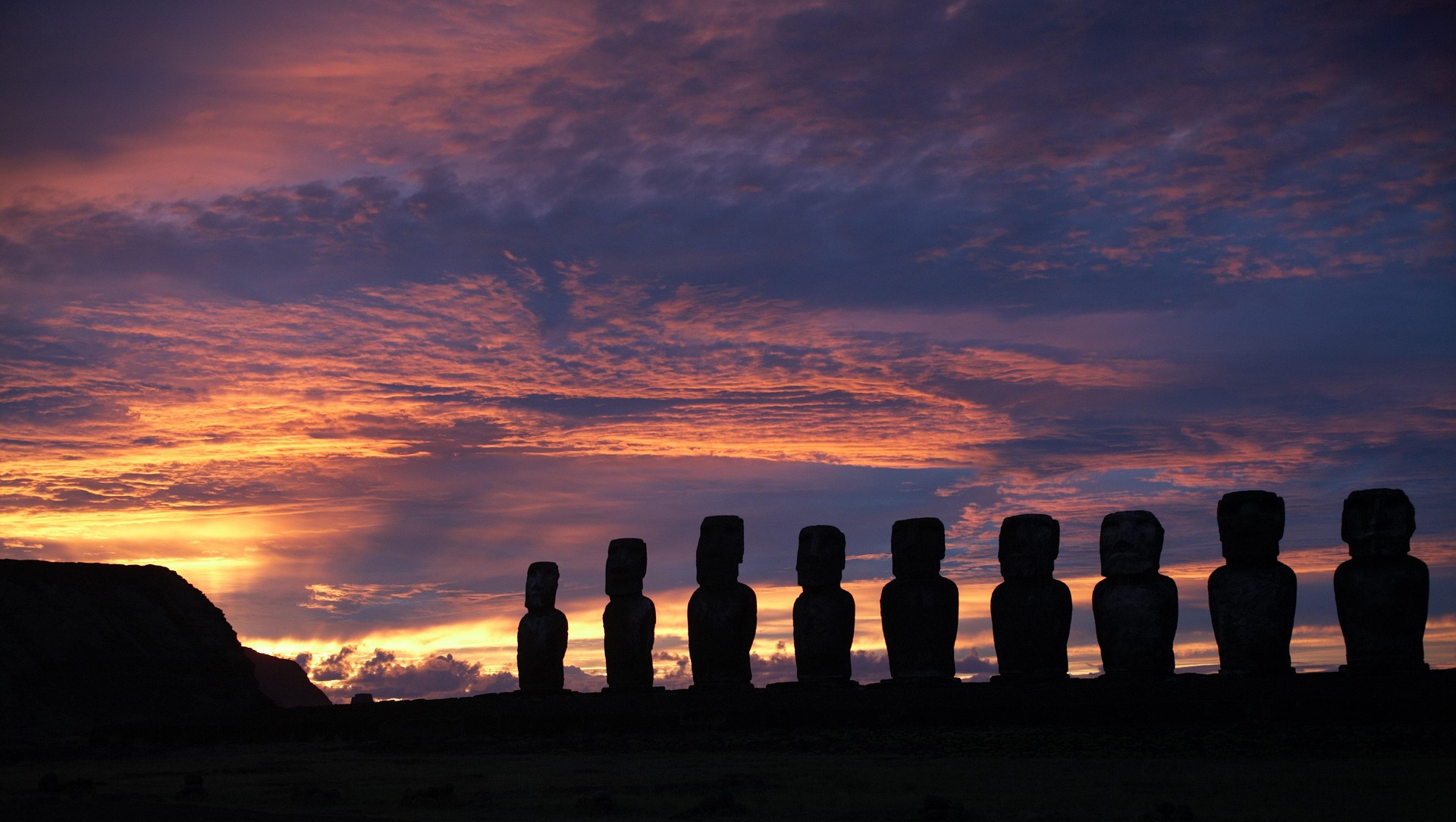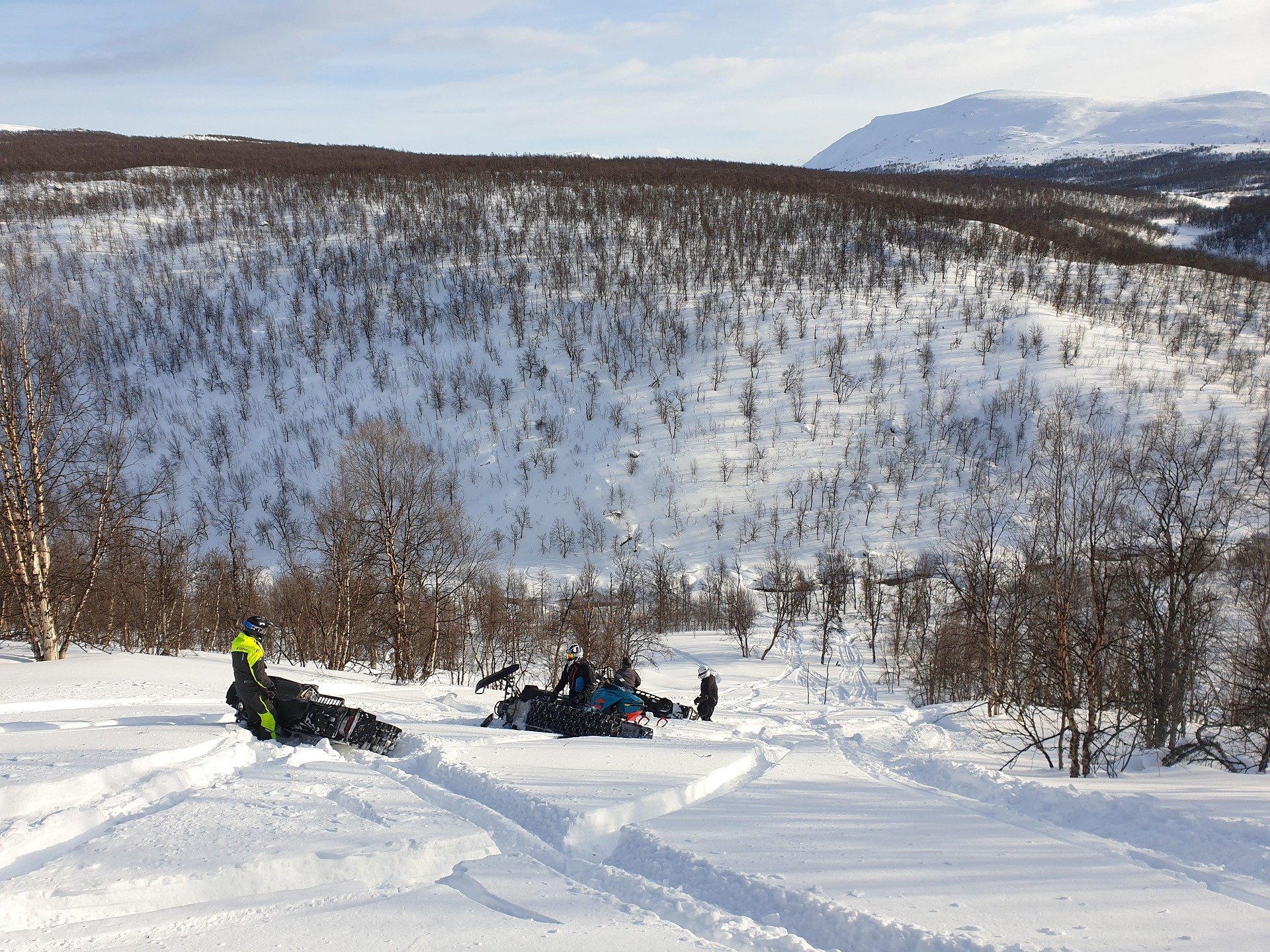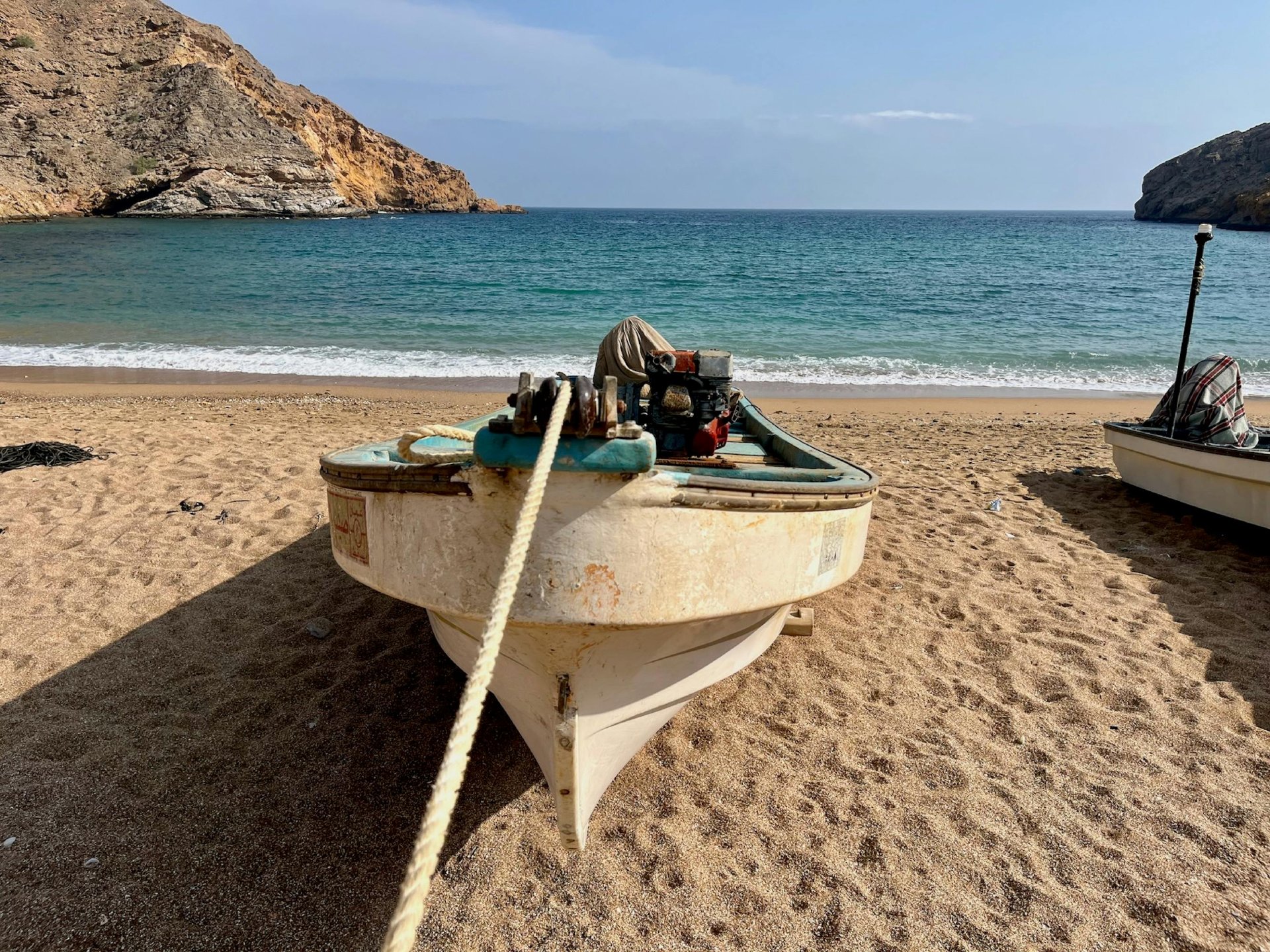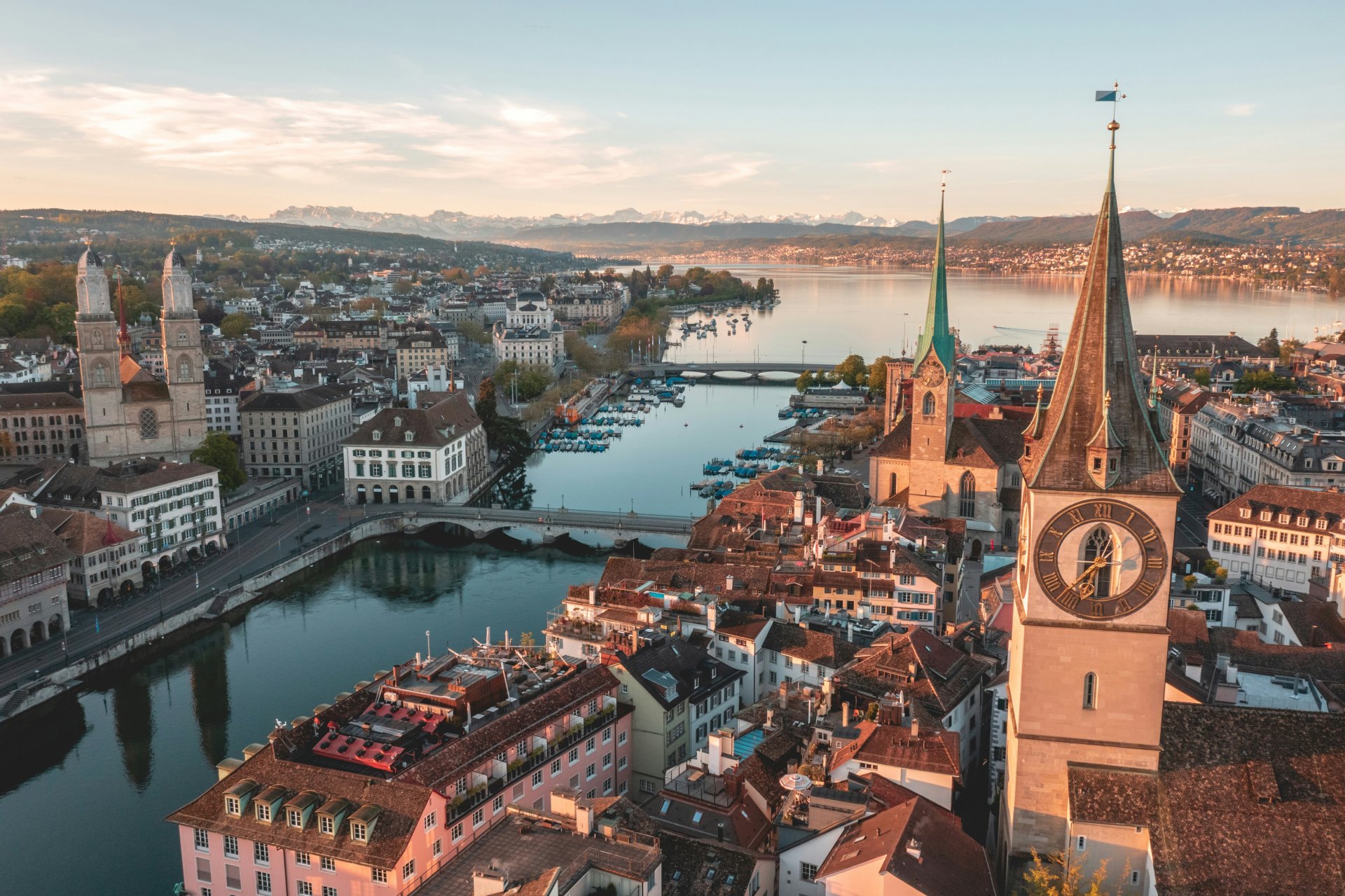When we think of travel, we often think of checking off our bucket list, making memories, trying new foods and experiencing new cultures. We don’t want to think of the risks that may dramatically change our plans.
We trust outside sources to do that for us. But are they ready to protect us? Have they done the hard work of anticipating crisis and do they know what to do when, inevitably, it comes? Recently, Global Rescue partnered with the World Travel & Tourism Council to take a deep dive into how the world of travel and tourism handles the risks associated with travel. Some of our findings may surprise you and one thing is for sure:
In order to adequately prepare for a crisis, the travel and tourism industry must have a seat at the table in crisis preparedness, management and recovery.
In order to understand why input from the industry is so important, we first have to look at the reality of tourism in 2020—specifically, its global nature. Never before have natural disasters had such a huge impact on economies. Never before have diseases been so easily spread from country to countries.
Why?
Because travel is more global than ever. When a natural disaster occurs, travelers must often cancel or delay their travel plans. When a disease strikes a country, travelers think twice before visiting. These days, countries rely on tourism for the health of their economy and it takes a big hit if disaster strikes. The impact on a country’s wealth can be staggering.
Contributing 10.4% of global GDP, supporting 1 in 10 jobs on the planet the travel and tourism industry is a pillar of financial security around the world. Governments must bring the industry into the conversation around crisis mitigation, or risk losing billions in the event of a crisis.
Natural disasters and epidemics are just a couple examples of crises that impact tourism and therefore economies. Our study also looked at the impact of terrorism and political unrest on tourism, as well as petty theft and minor illnesses. We also recognized security and resource scarcity as increasing risks that will play a bigger role in the future.
Often, it’s simply the perceived level of safety, rather than an actual event that influences a tourist’s destination. Low probability, high impact events, such as a threat of terrorism, cause travelers the greatest angst. That’s why it’s so important for the tourism industry to help manage the reputations of destinations.
While we may not always be able to predict the nature of the next crisis – let’s be ready, together.
The value of tourism in the conversation around crisis preparedness is clear. So, what would it look like for public and private sectors to work together on this issue?
Our report proposes the public and private sector work together to prepare for crisis by building trust-based coalitions, assessing readiness and developing emergency actions plans, as well as enhancing education.
In order to do these things well, we must be responsive, accurate and transparent in our communication. Success in these areas means a stronger, more collaborative approach to crisis preparedness.
If a disaster strikes, having these systems in place will mean a shorter recovery time for the country and its economy. Supported by the travel and tourism industry, countries will have the tools to be confident in the face of crisis, will be transparent as destinations are rebuilt and will be creative as they consider new opportunities post-crisis to woo travelers back.
Our report includes several examples of countries, post-crisis, who are rebuilding, even improving their tourism industry.
If these stories, or the findings of the report resonate with your experiences, let’s connect.

